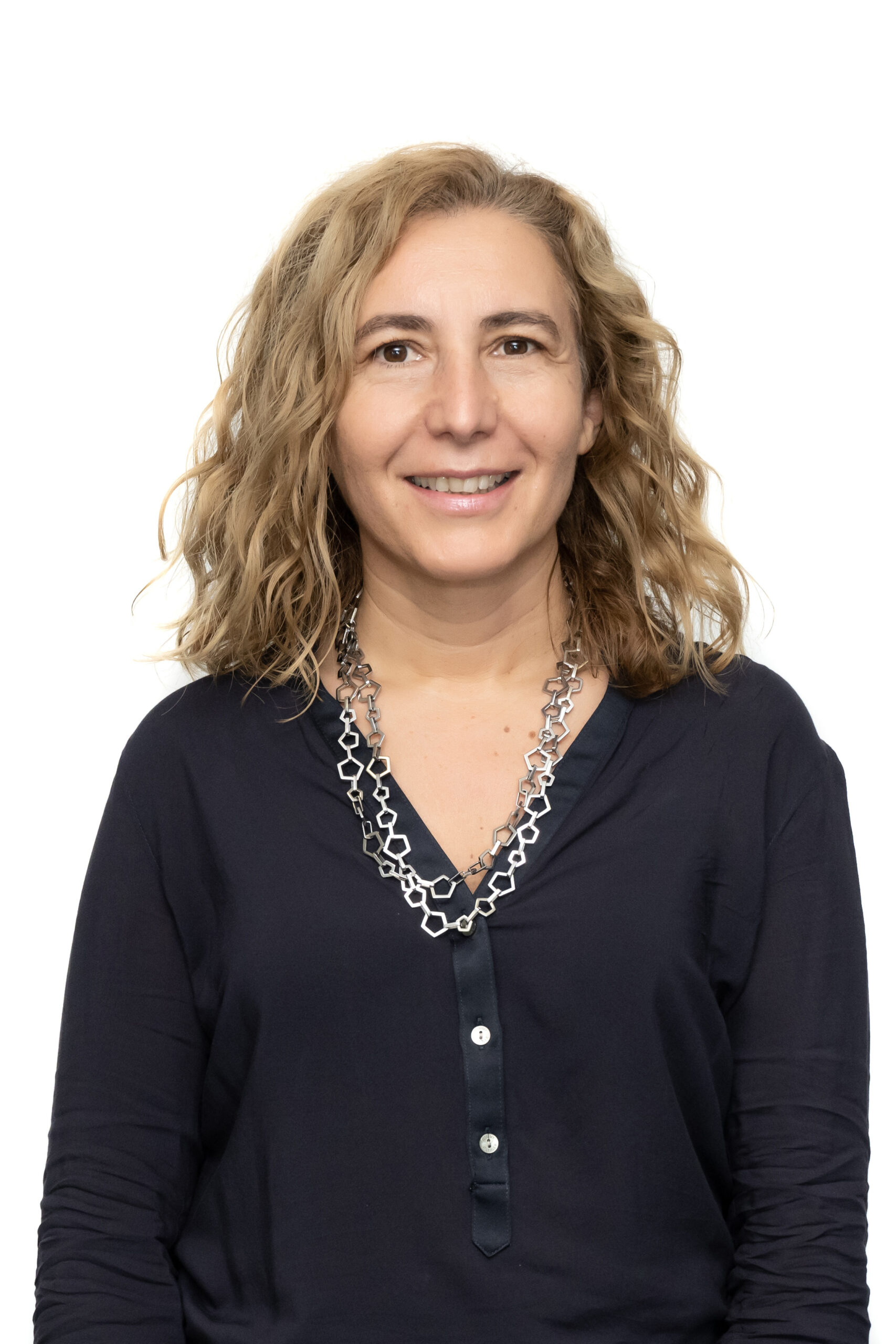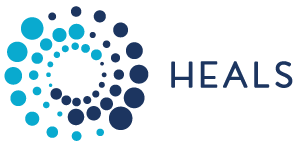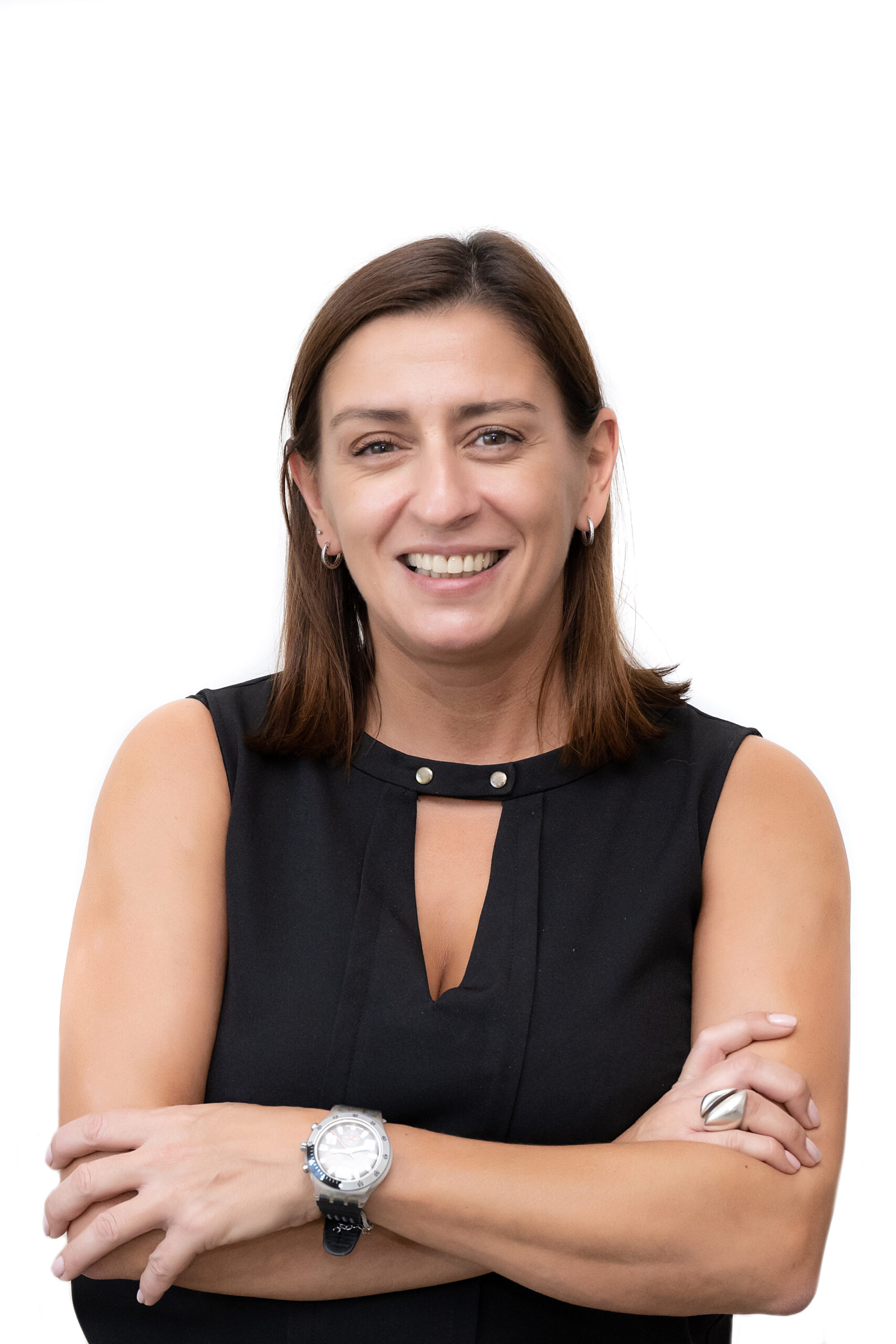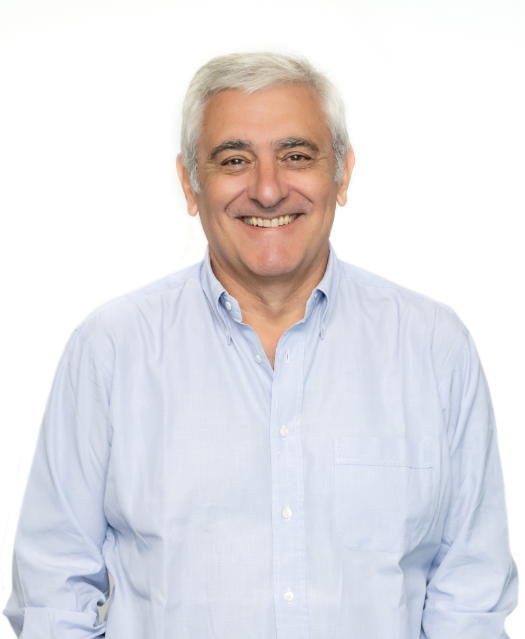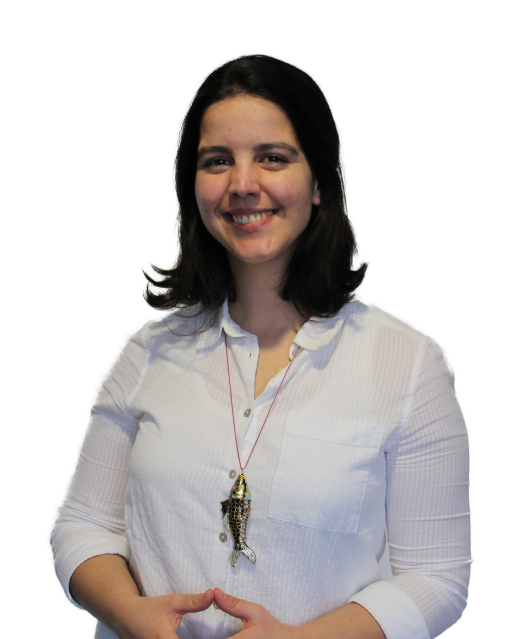Universite Pierre et Marie Curie Paris 6, France • Aristotle University of Thessaloniki, Greece • Institute of Occupational Medicine, United Kingdom • Universitaet Stuttgart, Germany • Institut Jozef Stefan, Slovenia • Universite Paris Descartes, France • University Of Bristol, United Kingdom • Ludwig-Maximilians-Universitaet Muenchen, Germany • Instytut Medycyny Pracy Nofera, Poland • Teknologian Tutkimuskeskus, Finland • The University of Manchester, United Kingdom • Nederlandse Organisatie Voor Toegepast Natuurwetenschappelijk Onderzoek, Netherlands • The Secretary of State For Environment, Food And Rural Affairs, United Kingdom • Agencia Estatal Consejo Superior de Investigaciones Cientificas, Spain • University of Western Macedonia, Greece • Fundacio Privada Parc Cientific De Barcelona, Spain • Instituto de Engenharia Mecânica, Portugal • Oikon Doo Institut Za Primijenjenu Ekologiju, Croatia • Consiglio Nazionale Delle Ricerche, Italy • Universidade do Porto/ Instituto de Sáude Pública da Universidade do Porto, Portugal • National Center For Scientific Research “Demokritos”, Greece • Universitat Rovira I Virgili, Spain • Klinikum Der Universitaet Regensburg, Germany • Servicexs Bv, Netherlands • King’s College London, United Kingdom • Nasjonalt Folkehelseinstitutt, Norway • Syddansk Universitet, Denmark • The Regents of the University of California, USA

